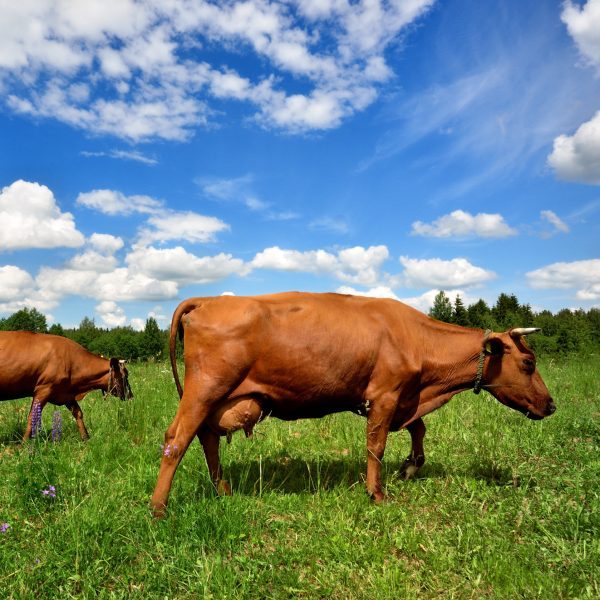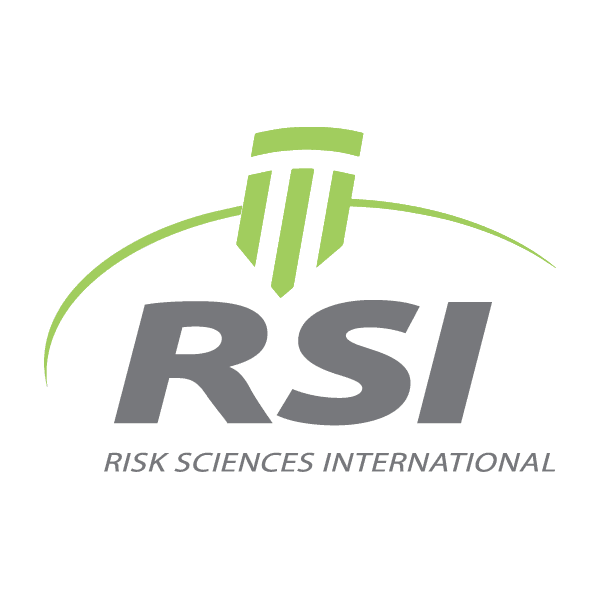The protection of native species is central to biodiversity, ecosystem resilience, and cultural heritage. Native plants, animals, and microorganisms provide critical ecosystem services such as pollination, water purification, and soil stability. Yet these species face mounting risks from habitat loss, climate change, pollution, and invasive species. The decline or disappearance of native species not only threatens ecosystems but also undermines food security, economic livelihoods, and community identity.
Managing risks to native species is inherently complex. Governments must balance development pressures with conservation priorities, industries face increasing expectations to reduce ecological impacts, and civil society advocates call for stronger protections and restoration efforts. Scientific uncertainty about ecological interactions, combined with competing interests over land and resource use, makes decision-making especially challenging. Indigenous communities, with longstanding relationships to native species, bring essential knowledge and leadership in conservation efforts.
Risk sciences contribute by modeling population dynamics, evaluating ecosystem vulnerabilities, and assessing the potential outcomes of interventions. Scenario analysis and risk-benefit frameworks help decision-makers weigh trade-offs, while effective risk communication ensures that conservation strategies are understood and supported by stakeholders.
RSI is committed to advancing the protection of native species, bringing the expertise and experience needed to support science-based, collaborative conservation strategies.

